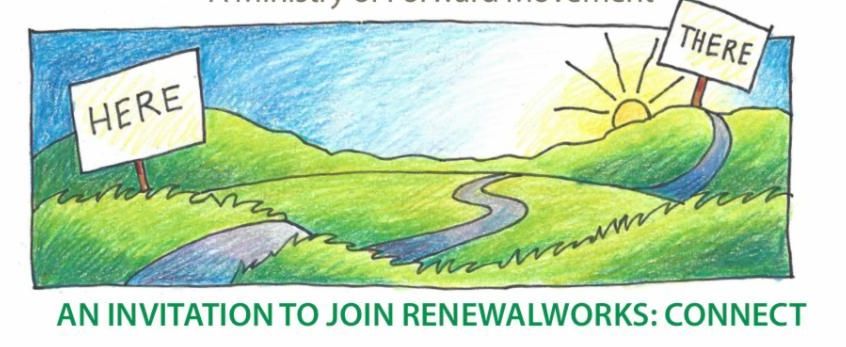
Blessed Lord, who caused all holy Scriptures to be written for our learning: Grant us so to hear them, read, mark, learn, and inwardly digest them, that we may embrace and ever hold fast the blessed hope of everlasting life, which you have given us in our Savior Jesus Christ; who lives and reigns with you and the Holy Spirit, one God, for ever and ever. Amen.-The Book of Common Prayer, page 236
Your word is a lantern to my feet, and a light upon my path.-Psalm 119:105
But be doers of the word, and not merely hearers who deceive themselves. For if any are hearers of the word and not doers, they are like those who look at themselves in a mirror; for they look at themselves and, on going away, immediately forget what they were like. But those who look into the perfect law, the law of liberty, and persevere, being not hearers who forget but doers who act-they will be blessed in their doing.-James 1:22-25
Jesus said: You search the scriptures because you think that in them you have eternal life; and it is they that testify on my behalf.-John 5:39
Know the word.Love the word.Live the word.Give the word.-attributed to Mother Teresa
Why read the Bible?
I was reminded last week of the story of Karl Barth, prolific Swiss theologian of the 20th century, one of the greats. Let’s just say he never had an unexpressed written thought. He offered volumes upon volumes of dense writing (that often made me feel dense) on all kinds of subjects. At one point, a smart-ass seminarian asked if the good doctor could sum that all up in one sentence. Kind of a gotcha question. Dr. Barth said he could do so and he did so with the following sentence: “Jesus loves me, this I know, for the Bible tells me so.”
If that story is not true, it ought to be, for what it reveals is the role the Bible plays in the Christian faith journey. In the work we do with congregations, we’ve learned that a key factor in spiritual vitality in churches is engagement with scripture. Understatement alert: In the Episcopal world, that can mean different things to different folks. But a distinctive element, in the words of Will Willimon in his book Shaped by the Bible, is that a Christian congregation is one that is confronted by and shaped by the Bible. How does that happen?
Yesterday in church, we heard a prayer that comes up once a year (included above.) It’s about scripture, asking God’s help in engagement with scripture, delineating a process that involves five steps. In the prayer. we ask for grace to:
1. Hear: We are meant simply to be open, to pay attention, to decide that the words of scripture are worth listening to. Jesus would often tell the crowds that he offered his teaching for those who had ears to hear. We often decide what we will hear. Spouses and children and students and clergy often engage in selective hearing. We all have a lot we can listen to, and we all face lots of distractions. How will we choose?
2. Read: Find out what the Bible says, for yourself. Do the work. As one pastor said to his congregation, perhaps in frustration: “I can’t read the Bible for you.” It’s a discipline, and so we often suggest some kind of daily ritual, a morning quiet time, participation in the Daily Office (so chock full of scripture), devotional guides like Forward Day by Day. We encourage a set bit of time each day, even if it’s just a few minutes. We encourage a sacred place in your home, a quiet place, a particular chair, maybe marked by a candle or a closed door or a sound machine to help keep focus.
3. Mark: The method of Bible study known as the African model asks a couple questions. It begins by asking what word or phrase strikes you. It then asks where the passage intersects with your life. That’s a good place to start in marking scripture. Don’t be afraid to underline. Keep a journal that includes your most honest and irreverent questions. Pray those questions, or take them to someone you trust for spiritual counsel.
4. Learn: It’s what disciples do. A disciple is a learner, a student. That means, among other things being prepared for something new, something different, to admit that you don’t know what you don’t know. True learning comes with putting what you hear, read, and mark to work, to be doers of the word, not only hearers, to quote the New Testament letter of James.
5. Inwardly digest: Let it become part of you. We sometimes hear, as Episcopalians dive more deeply into scripture, that they are amazed how much of the Bible comes from the Book of Common Prayer. It actually happened the other way around. Those who shaped our guide for worship had inwardly digested the words of scripture. Those words were deeply integrated. It shows.
Why do any of this? Yesterday’s collect tells us it is not in order to be holier or smarter than thou. It is for the sake of hope, hope of everlasting life given to us in Jesus. That everlasting life is not pie in the sky but is underway right now. We get to experience it more and more each day. And as Dr. Barth indicated, that hope is anchored in the love God for us, a love from which we can never be separated (eternally). The Bible in all its complexity, in the parts we like and don’t, in the parts we understand and don’t, is at its core a story of that ongoing relationship, a story of love that will not let us go.
So hear, read, mark, learn and inwardly digest. Because we can all use more hope.
